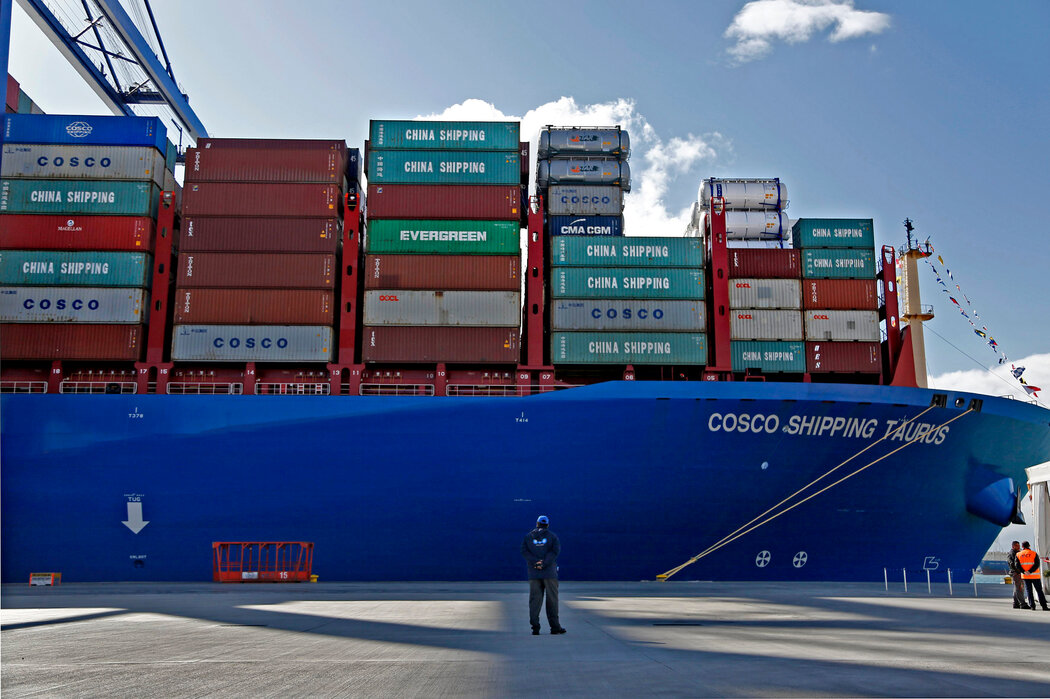Is the loading and unloading of goods from China to Middle Eastern countries modernized?
As an international freight forwarding company specializing in providing one-stop logistics services to customers, we often receive questions from customers, especially regarding whether the cargo loading and unloading process from China to Middle Eastern countries is modern. As one of the key hubs of global trade, the Middle East region has some modern ports and loading and unloading facilities, but there are also some challenges. We will discuss this issue in detail below.
Modern port facilities: Some countries in the Middle East, such as the United Arab Emirates, Saudi Arabia, and Qatar, have invested heavily in improving and expanding port facilities. Dubai Port and Khalifa Port in Dubai, as well as Hamad International Port in Qatar, are world-class modern ports equipped with the most advanced loading and unloading equipment and technology. These ports can accommodate large container ships and bulk carriers, providing efficient and convenient channels for freight transportation.
Automation and digital technology: Some ports in the Middle East have introduced automation and digital technology to improve loading and unloading efficiency. These technologies include automated stackers, intelligent container tracking systems, and cloud data management. This helps to improve the speed of goods processing and reduce errors, providing customers with more reliable services.
Ultra large container ships: With the growth of global trade, some ports in Middle Eastern countries are preparing to manage ultra large container ships. These ports have sufficient water depth and large container lifting equipment to cope with the increasing cargo capacity.

However, although many countries in the Middle East have made significant progress, there are still some challenges. These challenges include:
Port congestion: Some Middle Eastern ports may face congestion issues during peak hours, which may lead to loading and unloading delays. Therefore, the loading and unloading time of the goods should be carefully arranged to avoid unnecessary delays
Port security: Some parts of the Middle East region may be affected by geopolitical tensions, which may have an impact on port security and cargo flow. Therefore, political stability and security need to be carefully considered when selecting loading and unloading ports.
In summary, many countries in the Middle East have made significant progress in cargo handling, providing modern port facilities and efficient technology. However, the smoothness of freight transportation also depends on many factors, including political stability, weather conditions, and the nature of the goods themselves. To ensure the smooth transportation of goods from China to Middle Eastern countries, collaborating with professional international freight forwarding company will be a key factor, as they can provide experienced services to help customers plan the best transportation route and address potential issues.




